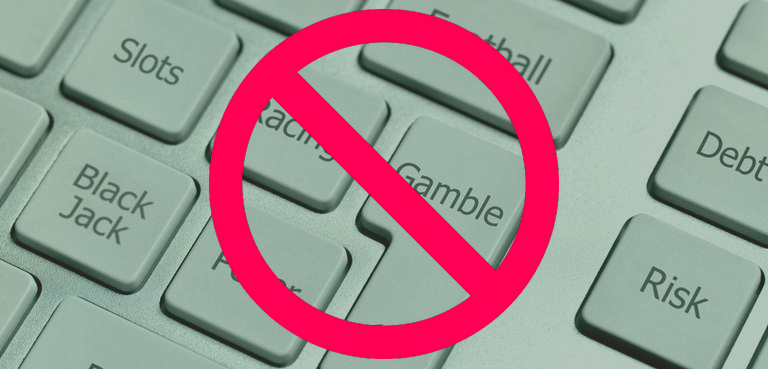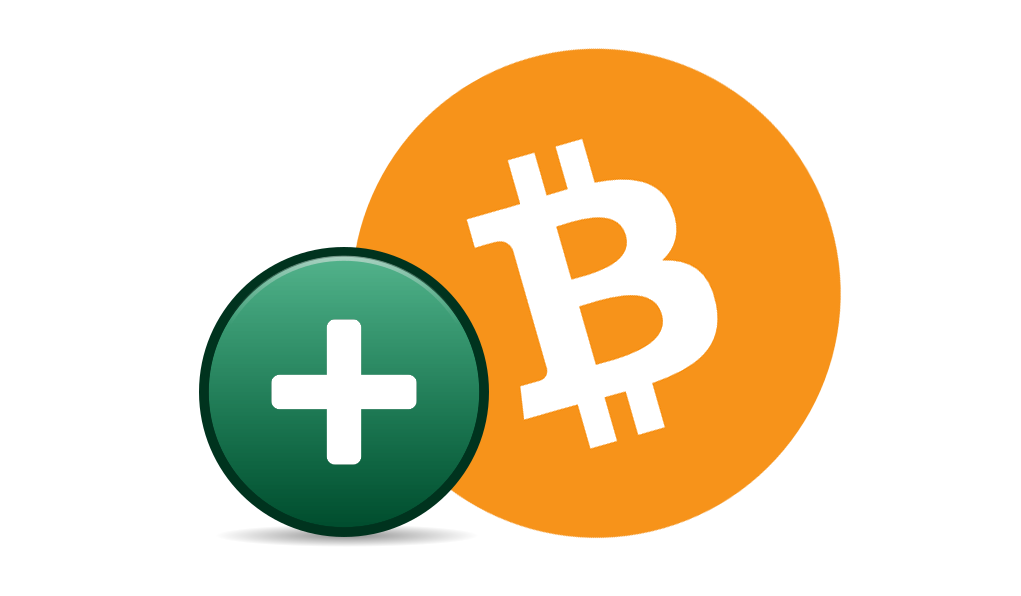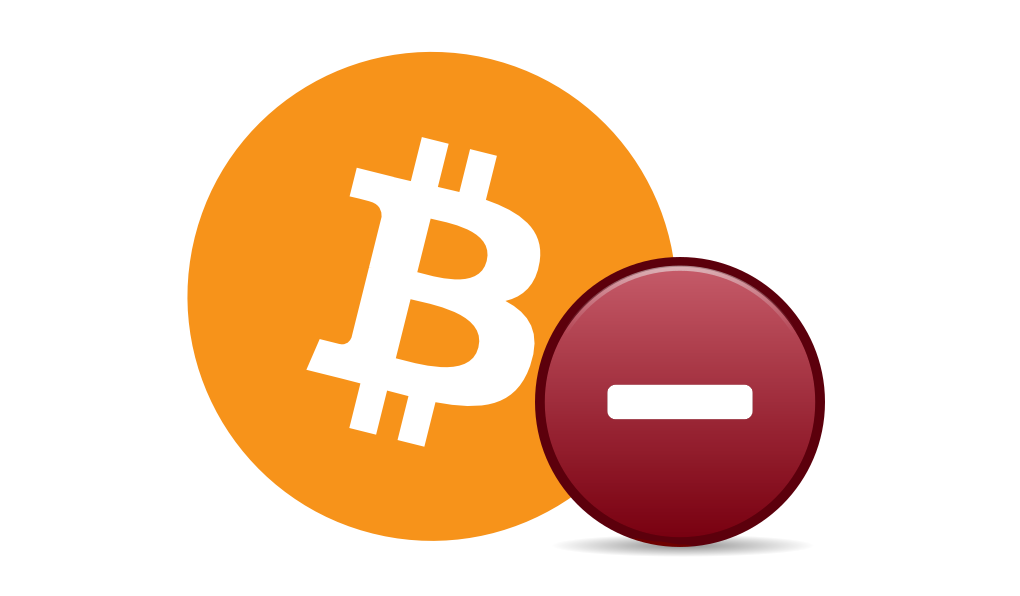Gambling in the United States is a legal issue that comes up frequently. With federal laws that conflict with state issuances, the area is often gray about which areas can service online gambling and which cannot. This means that gambling with cryptocurrency, the latest trend in investment and transaction technology, can also be a muddied topic.
Bitcoin is the first and most popular decentralized currency that allows users to make quick, anonymous transactions. While gambling with traditional currency is already confusing enough in the United States, adding this volatile BTC or other gambling tokens to the mix raises concerns.
 Here, I am going to be researching the legality of Bitcoin in the states to give you a picture of what can and cannot be done under the law. Also, I’ll be examining which places allow and disallow online gambling in general and best Bitcoin casinos in particular. Together, we’ll see how strictly regulated this market is.
Here, I am going to be researching the legality of Bitcoin in the states to give you a picture of what can and cannot be done under the law. Also, I’ll be examining which places allow and disallow online gambling in general and best Bitcoin casinos in particular. Together, we’ll see how strictly regulated this market is.
Bitcoin Regulation in the USA
Legislation on Bitcoin is still hung up in Congress; that is, cryptocurrency is most certainly not illegal. However, in the United States, Bitcoin and other cryptocurrencies are not recognized as legal tender. They are technically referred to as commodities. This means that the government requires virtual coins to be validated and registered in the country’s database.
As a commodity or security, the government has to the right seize taxes from an individual who profits from BTC. Traders and investors alike are legally obligated to fork over a large chunk of their profits to Uncle Sam—if you gamble with Bitcoin and win, this applies to you as well. While this topic is ever-changing, the consensus is that Bitcoin is currently legal in the states and regulated to the point of taxation.
Bitcoin-Friendly States
On the state level, several states are friendly when it comes to transacting with Bitcoin. While federal regulations and registration still apply, the following states are lax in how money changes hands. Below, I’ll detail the specifics.
- Texas – As one of the largest states in the country, Texas is a fantastic place for individuals and businesses to operate using Bitcoin. This state originally stated its position on cryptocurrency transactions with Memorandum 1037, which put into law that a money transmitter’s certificate is not needed to buy/sell BTC coin. Outside of the state, this license is required.
- Kansas – Kansas is more ideal for businesses in general than Texas. While in Texas it costs over $300 to create a Limited Liability Company, or LLC, which is the standard organization umbrella for small businesses, in Kansas the price is only $160. Since cryptocurrency is largely an online endeavor, the state’s comparatively small population isn’t as much of an issue.
- Tennessee – Similarly to the previous two entries, Tennessee also has favorable local legislation with regards to Bitcoin. However, the price of starting an LLC is much costlier at a base of $300 with an additional charge of $50 per founding member after the initial 6. While it is costly, the population in the state tops 6.6 million, which is much greater than the rather desolate Kansas.
- Montana – The best part about this state is that there are currently no money transaction laws that specifically designate Bitcoin as illegal or place restrictions on the cryptocurrency. This means that it’s the wild west for Bitcoin in Montana. LLCs in the state can be operated for the low price of $60. Despite these beneficial factors, the population in the state is the lowest on this list at just over 1 million, which means less traffic for the startup company.
Bitcoin-Unfriendly
With the good comes the bad. While some states welcome Bitcoin with open arms, other local jurisdictions have surged in the opposite direction. Steer clear of the following states if you plan to use cryptocurrency!
- Wisconsin – While this state has no official legislation on the matter, they do require a money transmitter’s license to operate within the state. If the company were to use virtual currency in their business, Wisconsin would disallow this certificate.
- North Carolina – North Carolina is the first state on this list to specifically designate virtual currency as a form of payment that is restricted and regulated. While Bitcoin traders are permitted to do business if they are registered federally, local law is bad for larger corporations that use virtual currency.
- California – It is surprising that the largest economy in the United States is against such a promising technology, but state legislators are attempting to regulate Bitcoin in California more every day. In a popular event, the state deemed Coinbase not legal in the state which hurt relations with virtual currency. Additionally, there are immensely high startup costs for businesses in the coastal state which makes it an undesirable area.
- Connecticut – Good luck starting a business for Bitcoin in Connecticut – you’ll need it. The newest bill passed the Governor’s desk which banned the selling and storing of BTC without proper licensure. Fines can be up to $5,000!
- New Hampshire – Oh boy, where to begin with this state? Firstly, a money transmitters license is required to transact with Bitcoin, no matter who you are. In years past, legislators sneakily passed legislation that tagged virtual currency which began regulations to restrict and confine it. While the exact legality of Bitcoin is still not understood in the state, the Poloniex move from the state in 2016 is a good indicator that New Hampshire is unfriendly ground for the time being.
Online Gambling Legality in the US
As earlier stated, the legal issue of online gambling is quite a mess in the United States. Contrary to popular understanding, there are absolutely no federal records disallowing gambling over the internet. However, the laws do regulate how people can pursue monetary transactions with gambling sites.
This is generally a good thing, as players in the United States do have access to a myriad of overseas gambling sites to choose from. The bad thing is that there are very few licensed and operating casinos within the country’s own borders. Additionally, each territory has local laws which dictate how gambling is treated and local laws can certainly complicate rulings.
Most states will not allow anyone, even over the gambling age of 21, to pursue online gambling opportunities which operate locally within the state, much like the regulation of physical casinos in the country. While residents cannot access locally operated institutions, they can still use offshore gambling entities. Many consider this stance by states to be shallow and a wasted opportunity for serious taxation, but that is a discussion for local congresses.
States Which Prohibit Online Gaming
Most states in the United States do not permit gambling online within their borders. Only a small handful designate online gambling as legal. It is important to note that residents of the following states can legally access and transact with overseas casinos. Below, I’ll go over just a fraction of the states that disallow online betting within their borders.
- Alaska – Unless you’re doing some form of tribal or charitable gambling endeavor, this snow-laden state will not allow you to gamble online within its territory. Even lotteries, commercial gambling and racetracks are prohibited, so it’s not just Internet risk that Alaska wishes to curb.
- Kentucky – While a bit laxer overall on gambling, Kentucky still disallows online betting. The state is unlikely to overturn its stance on virtual gambling any time soon as legislators have not made any progress in the area.
- Maryland – Maryland is typically thought of as a gambling haven in the United States. All forms of gambling are generally legal in this state including commercial forms of it. Online, however, has struggled to make headway with local authorities, which means users need to access overseas websites or stay in a permitted state.
- Indiana – While not allowing tribal units to operate within its borders, Indiana is much like Maryland in that gambling is allowed on multiple physical tiers. Websites in Indiana that operate on the mere pretense of gambling are highly illegal. Unless a company was to convince the state to operate there, of which there is a slim chance, there is no way to legally own or access online betting in Indiana.
- Massachusetts – Massachusetts is a great place to go if you want to attend a local casino. Not so much for online gambling, however. You’ll see the need to access offshore websites to bet in any capacity.
- New York – Much like Massachusetts, many offline methods are offered. While this state does not allow online gambling within the state, there are rumors that the jurisdiction may be considering legalizing local casino operators to use websites as part of their repertoire. This would be a great tax incentive to balance budgets for the state and great for the citizens as well.
- Oregon – Oregon is rather unfriendly in all respects to betting practices, with no commercial casinos operating in the borders. Online gambling, similarly, does not receive the amount of love it deserves. There is merely a lack of legislation in the state that permits websites to set up shop in the state, as opposed to there being specifics laws that make the practice illegal.

States Which Legalized Gambling
Despite most states which deem online gambling as illegal, a handful of states allow it if you reside in the state in which the site is licensed and operated. These states include Delaware, Nevada, New Jersey, and Pennsylvania.
- In 2012, Delaware officially became the first state to legalize online gambling. Their online services include roulette, poker, and sports risking support with the software tracked by company 888 Holdings.
- Nevada, with its huge presence in the physical gambling market, was only natural to legalize online gambling shortly after Delaware. Now a regulated form of betting, Nevada is home to the world-renowned World Series of Poker, with WSOP.com traffic increasing each year. Also, website Real Gaming is the only site in Nevada to provide No Limit Hold’em cash games, which are popular with the masses.
- In 2013, New Jersey permitted online ventures to open their doors to the world of gambling. The state has seen financial success with online gambling, and sites such as Borgata Poker, Partypoker, and Pokerstars have flourished in recent years with residents.
- Pennsylvania has paved the way for online gambling in the state. During late 2017, an overhaul of online gambling was passed into law. Essentially, regulated sites can now operate within Pennsylvania. Although no major players have opened up shop yet, the road is clear for the state.
Legitimate Gambling with BTC
First off, it is important to note that gambling with Bitcoin is completely legal provided you are within all guidelines as stated by federal and local law. There are absolutely no laws that specifically target Bitcoin as an illegal means by which to transact. If you are using a Bitcoin wallet to make payments with an approved offshore website and aren’t engaging in illegal activity or knowingly breaking the law, your legal situation will be sound.
However, Bitcoin gambling does come with some risk. Think of events such as the Silk Road seizure or the Mt. Gox infiltration. If your coins are stolen due to hackers, scammers, or other such unfortunate events, there is no probable recourse. Because Bitcoin is a decentralized currency with anonymous transactions, there is no way to receive a refund when something goes awry. If you are okay with this level of risk, then Bitcoin gambling is a legitimate option.
Now that the legal issue is taken care of, Bitcoin can be advantageous over traditional currency in several ways. Casinos which accept cryptocurrency usually have more games. They include Baccarat, Roulette, and Blackjack. Also, because BTC does not rely on the legacy banking system, you don’t have to worry about your bank declining or holding up transactions. There are no fees for foreign currency exchange, either.

The online casinos on blockchain are also casinos with fast means of sending payment, so you won’t need to wait days for ACH authorization on your traditional wire transfer. The downside to Bitcoin usage is that, currently, no major website that operates within the United States specifically accepts BTC. While a myriad of offshore sites that take Bitcoin are accessible from the United States, legal complications have dissuaded casino managers from accepting the cryptocurrency in the states.
So, players won’t be able to look in online gambling havens such as New Jersey or Nevada to use a virtual coin.On a final note, many casinos th at accept Bitcoin will allow you to deposit or withdraw the fiat currency as well. This allows for flexibility with your choice of payment. Say you deposit 0.5 BTC in your account. Next month when you decide to withdraw, you can opt to take cash instead. However, some fees may apply, so reading the website fine print is a must.
Conclusion
In general, Bitcoin gambling is legal as it is not targeted as a specific illegal activity. Because of differing laws by state, you must consider two things: if Internet betting is restricted where you live, and if Bitcoin is restricted as a payment option in your state. All states can bet overseas on approved sites; that is a current given.
However, states that complicate virtual currency could potentially slap you with legal action if they require licenses to transact with Bitcoin. A state such as Connecticut may construe depositing Bitcoin into a casino account to be “selling” your cryptocurrency and slap you with a fine for doing so without a license.
Action against virtual currency enthusiasts is largely unheard of thus far, especially within the betting realm. So long as you do your due diligence, pay taxes, and don’t knowingly break state laws, Bitcoin gambling is safe.

